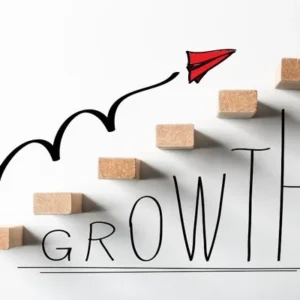Civic space is facing growing threats worldwide due to the rise of authoritarianism, right-wing populism, political division, and global instability. These trends have led to restrictions on protest rights, attacks on activists, and burdensome regulations on civil society organisations, limiting their ability to push for social change. In the first part of this blog series, these global challenges were explored, while this second part highlights practical steps that international development NGOs can take to protect civic space and support those affected.
One important way NGOs can respond is by speaking out in solidarity with individuals and communities under attack. Public advocacy, such as joint statements, can be powerful, but private expressions of support are also meaningful. Reaching out with messages of solidarity or offering behind-the-scenes advocacy can reassure those targeted that they are not alone.
Building alliances across sectors is another critical step. By connecting with organisations beyond the development sector—such as refugee, migration, or environmental groups—NGOs can strengthen collective resistance to shrinking civic space. Signing on to joint letters and campaigns can also amplify pressure on governments and policymakers, demonstrating the strength of unified voices.
To be more effective, NGOs need to build understanding within their organisations about how civic space restrictions might affect their work and partners. Futures thinking and scenario planning can help anticipate challenges and prepare strategies to adapt. This proactive approach ensures organisations are better equipped to safeguard their missions in uncertain political contexts.
Supporting staff is equally vital, as working under sustained pressure can be exhausting. Providing mental health support, checking in with colleagues, and allowing time for activism or rest helps maintain resilience. Flexible, long-term funding is another key strategy, giving partner organisations the stability to respond to threats and sustain their work.
NGOs also have a role in protecting their partners by listening to their needs and providing support such as security training, digital safety resources, or emergency funding. Stronger ties with diplomatic networks can help secure additional protection and advocacy opportunities.
Finally, lobbying governments and international organisations is essential to ensure systemic change. By pushing for sustainable funding, visas for human rights defenders, and civil society participation in global forums, NGOs can strengthen protections for civic space. Working collectively within networks and coalitions ensures these efforts have a greater impact, helping to defend civic freedoms and uphold human rights around the world.







